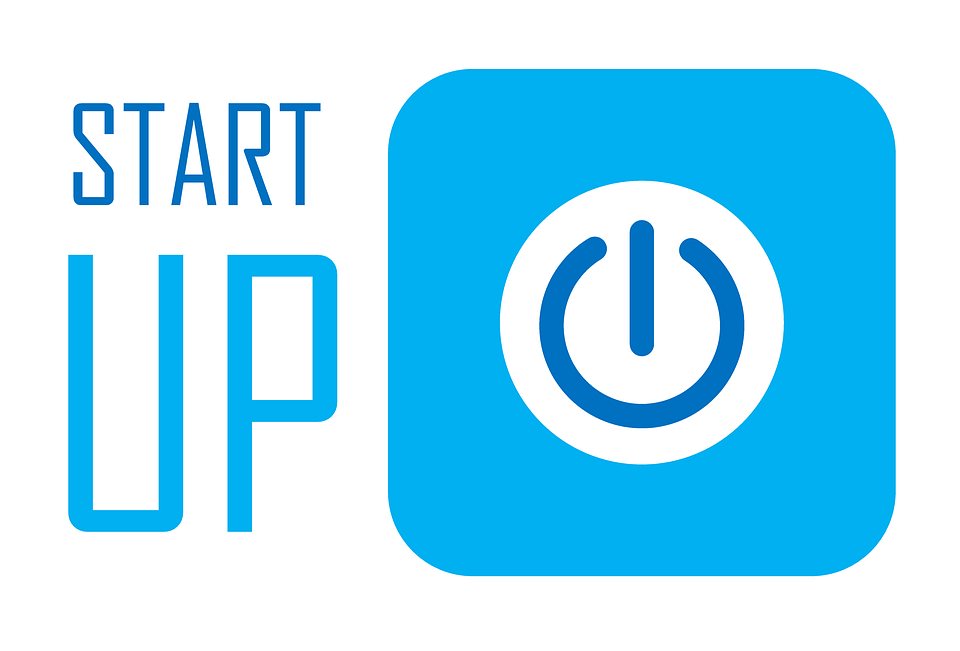When you are a start-up there are a lot of things that need to be kept in mind. Especially when targeting new clients there is a sense of anxiety that is usually hard to beat. It is pretty hard to convince them to invest in something which is just in its nascent phases. As per a study conducted by small biz trends only 40% of new start-ups actually turn profitable. Is this because of lack of cash flow or not getting enough clients is responsible for their failure? Having an effective start-up pitch is integral to get yourself enough mileage and garner profits. Have a look at 5 Do’s and don’ts you must follow when submitting your start-up pitch.
Do’s
- Make sure that you tell the investors why they need to invest their money with you. There must be some experience and expertise that you have but your competitors don’t. Make sure you place enough emphasis on that crucial bit of information.
- Tell them all about your financial plans. From where the revenue is going to originate and why do you think that this would generate returns. Tell them all about the market trends and why you think they are going to drive your product towards success. Investors are curious people and you have to keep satisfying their desire for information.
- Research the investors before making a start-up pitch. If you know what kind of businesses they have already invested in you can prepare your start-up pitch accordingly. Moreover, you must understand that instead of everyone saying yes to you it is important that only the correct people say yes. That is because such people later end up being strong support in terms of guidance needed.
- You can share enough information with them about customers and their mind-set. You can share quotes from customers telling about what is it that works for them. Instead of focusing on filling your presentation with adjectives use the words that are bound to make an impact.
- Lastly, make sure your start-up pitch is not extremely long. Maximum 15 minutes is the time that would be enough to convince them. Show your passion for the product and most importantly a conviction that you know what you are aiming at.
Don’ts
- Keep the start-up pitch specific and to the point. For example, if you are looking for funding what is the exact amount you are looking at. Vague figures tend to confuse the investors, give them something which is believable. Do not end your picture with an FAQ slide. If you place your most important information slide at the end it would remain in the mind even after you have left.
- Instead of keeping all the information in bullet points try and create a story. Most people love hearing something that is unique and interesting to hear. You can start off by mentioning the basics of the market you are operating and then let the investors know more about you and your product.
- Avoid reading the speech and try and make a connection with the audiences. If it looks as if you are just cramming things and speaking the investor is bound to lose interest in some time. Make eye contact; pay attention to the body language as these points are vital for any presentation to be successful.
- Do not refrain from telling what the problem areas could be in this case. If you do not raise this point the investors would as it is get to know. If they come to know from any other source that would be a blot on your integrity. Moreover, your coming forth and placing it in front of them is going to give them a strong reason to trust you.
- Lastly, you have to be clear about how the investment would be utilized. Your giving unclear responses would show that you are still not prepared to handle the money that you are talking about. This is a major turn off for investors who need strong proofs that you can be trusted. If you cannot substantiate the reason why you want investment then the client would be better off elsewhere.
Giving a start-up pitch in front of an investor can be a nerve-wracking experience for many. However, if you think you cannot handle the pressure you can look for facilities like start-up booster which introduce your services to a broader base of investors and that too without going over the top. With such a wide range of client base at hand, you can relax while the service projects your product to them and gets you valuable leads too. Success for a start-up naturally comes when you think beyond the normal and you have to think a bit different to take the leap towards it.

